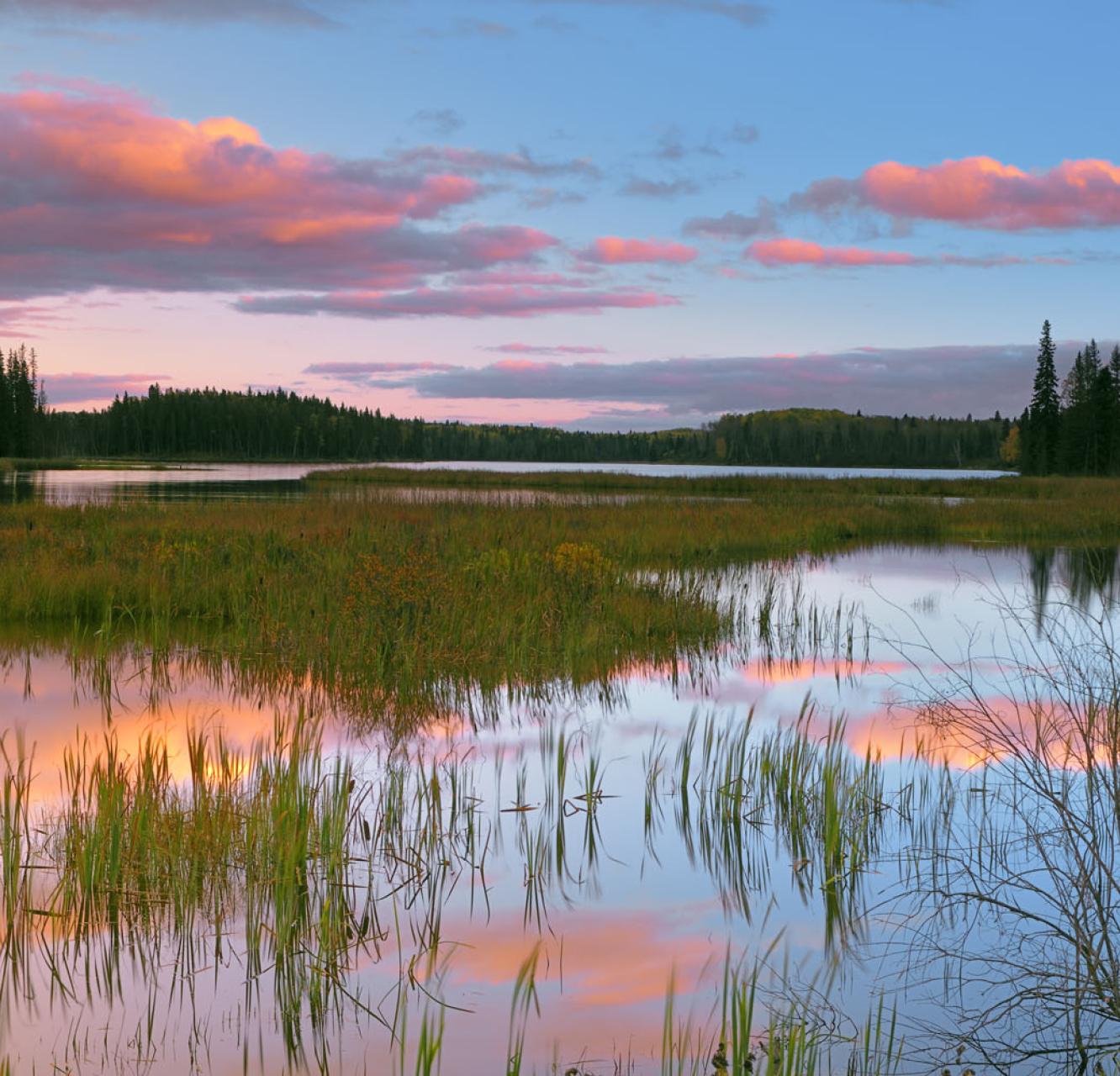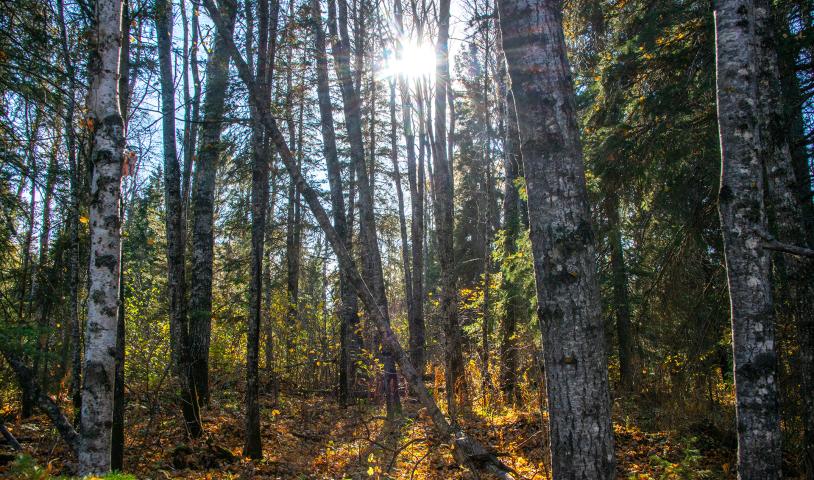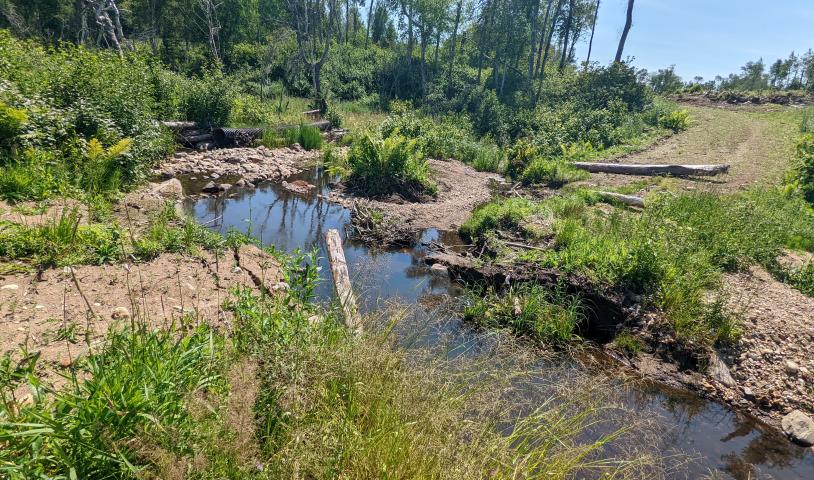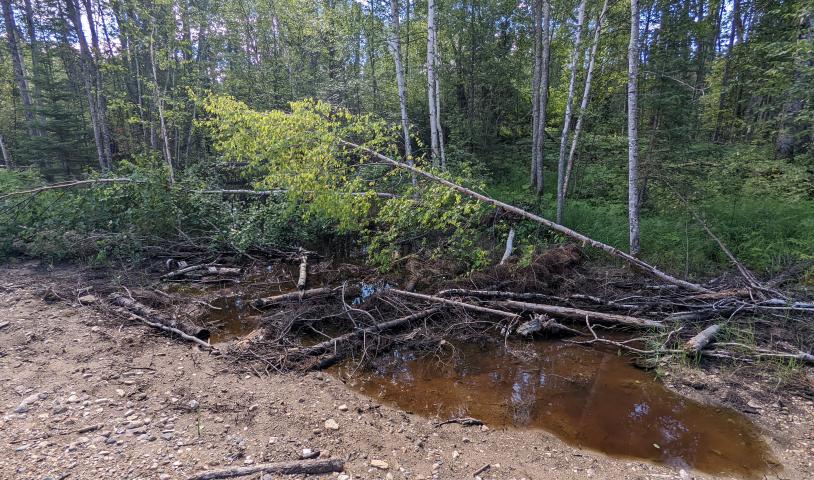A review of Bill 3: The Park Logging Ban
Saturday, November 29, 2008
Bill 3 was introduced to the Manitoba Legislature on November 24, 2008. The proposed legislation will amend The Forest Act and The Provincial Park Act to ban commercial logging in all provincial parks except Duck Mountain. It is expected that the Bill will pass through the legislature and be acclaimed during the first sitting in 2009.
The main tenet of Bill 3 is a ban on commercial logging, effective April 1, 2009, but there are some details of this legislation that must be mentioned. The obvious concern is that Duck Mountain Provincial Park is excluded from the ban. In December 2008, Louisiana Pacific--the multinational logging corporation that controls Duck Mountain--was given another extension on their expired Forest Management License. The extent of logging in and around Duck Mountain park is already more extensive than the local ecosystem can handle, and instead of extending Louisiana-Pacific's logging license, their license area should have contracted by removing Duck Mountain.
Limited logging for fire hazard reduction will still be legal under the new ban, despite the fact that Ontario has published extensive information about fire suppression in parks, and concluded it is detrimental. Manitoba does not need to log to reduce forest fires. Fire in Manitoba is a natural and healthy ecological process. According to the Ontario government report, fire is essential to preserve biological diversity and ensure natural, functioning ecosystems.
In order for the two logging corporations, Tembec and Tolko to remove, provincial parks from their Forest Management License areas, a one-time payment was made to each of these corporations. This payment was compensation for the expense already accrued building roads in the parks that they can no longer use for logging, as well as for the increased distance logs need to be transported from forests outside the parks. What has not been mentioned is who will be responsible for removing the logging roads in the parks, so the ecosystems that parks are protecting can become healthier again. The government, along with Tembec and Tolko, must prepare and publicize a plan to decommission and rehabilitate existing logging roads in parks.
Included in Bill 3 are several revisions to the Forest Act unrelated to the park logging ban. New regulations include increased powers to inspect logging vehicles, penalties for possession of illegally logged trees, vastly increased fines for infractions under The Forest Act, and the ability of logging corporations to outsource forest renewal activities. One amendment that is of some concern is that dues paid for logging on public lands (stumpage fees) can now be based on the market value of goods produced from that timber. This will have little benefit to most Manitobans, but will be of great advantage for logging corporations. If the market price of lumber or paper is high, Manitobans will see an increase in revenue paid to the province. If, however, the prices slump, as is the case with paper and lumber right now, the logging corporations will have to pay little to the province. Essentially we will be offering up the destruction of the forests that help preserve our environment, for next to no economic compensation.
Bill 3 can be found on the Manitoba government website at:
http://web2.gov.mb.ca/bills/39-3/b003e.php






